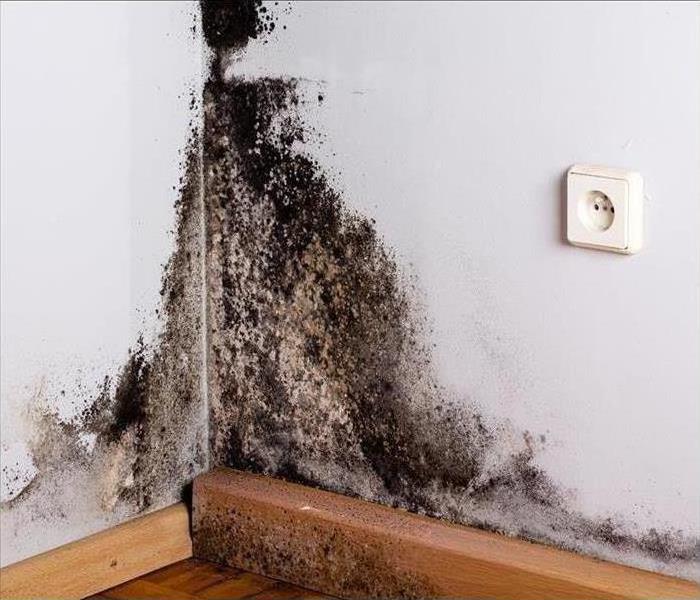When Mold Problems Lead to Legal Action
8/17/2022 (Permalink)
Any property that has the potential for excess moisture has the potential for black mold growth. For landlords in Wallingford, WA, maintaining the trust of their tenants involves taking care of issues that can lead to mold problems in a timely manner or, if such a problem already exists, having it mitigated as soon as they're made aware of it. Failing to do so can lead to legal action.
Landlord's Responsibilities
Rental law in most states requires property owners to provide reasonably livable spaces for their tenants. Examples of the service renters can expect are often written directly into the lease agreement:
- Routine maintenance
- Prompt repairs to faulty plumbing, HVAC system, and security devices
- Restoration of structural issues
The implied warranty of habitability is violated when the air quality in the apartment or condo is diminished because of unresolved black mold problems. If reasonable standards are not met, the tenants may have no choice but to sue for damages.
Tenants' Rights
Ideally, if tenants report a mold issue to their apartment manager, the manager will call mold remediation specialists immediately to assess the mold damage and take care of it. Furthermore, landlords are legally obligated to reimburse tenants for any damage or loss they experience as a result of the fungus problem. If they fail to respond or deny that a problem exists, however, tenants may sue for damages. These lawsuits typically end up in small claims court unless the cost of repairing damage caused by the mold exceeds the state's limits on such cases. In that case, tenants should seek the advice of personal injury lawyers to proceed with legal action.
Black mold is not a problem that just goes away on its own. Getting rid of it requires cooperation between landlords and tenants. If the problem is reported before it gets out of hand and mitigated as soon as it's reported, there may be no need for legal action at all.





 24/7 Emergency Service
24/7 Emergency Service
